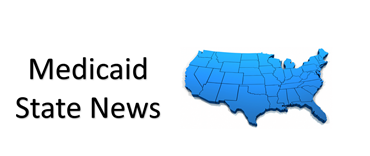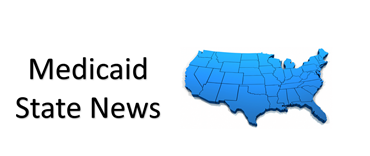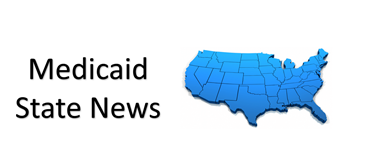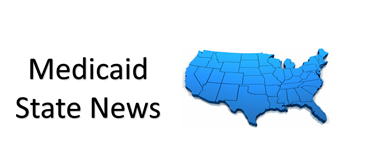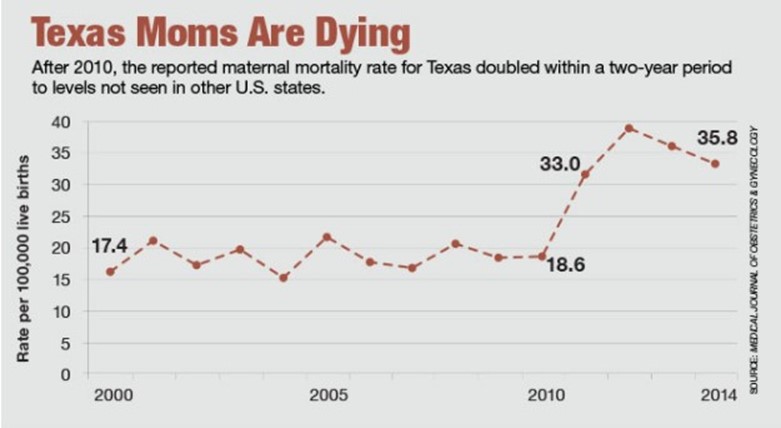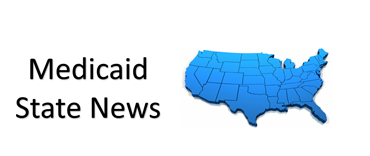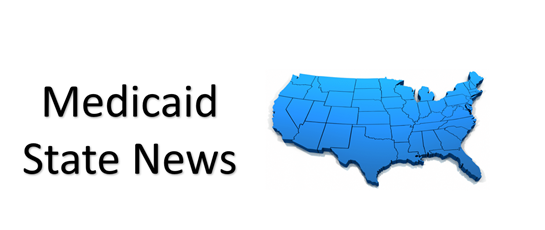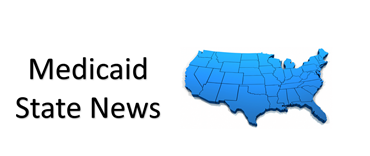MM Curator summary
MO lawmakers are working to fund expansion costs separately from the normal Medicaid funding budget.
The article below has been highlighted and summarized by our research team. It is provided here for member convenience as part of our Curator service.
JEFFERSON CITY, Mo. — The $1.6 billion cost of expanding Medicaid to approximately 275,000 uninsured Missourians has been segregated from other spending in the upcoming budget year by moving it into a separate appropriation bill.
The move has Democrats wondering if House Republicans are looking for a way to avoid funding the new health care program and a leading Senate Republican suggesting it may be a path to renewing legal challenges to expansion.
Instead of adding expenses for the newly eligible to individual spending lines in appropriation bills for mental health, senior care, hospitalizations and other services, the bill filed by House Budget Committee Chairman Cody Smith, R-Carthage, would pay for all care needed by the expansion clients.
It appropriates $103.5 million in general revenue, $51.5 million in other state funds and $1.4 billion in federal matching funds to cover the cost.
Smith declined a request from the Independent for an interview and did not provide a promised statement about his bill by publication time.
The ranking Democrat on the budget committee, Rep. Peter Merideth of St. Louis, said he worries that Republicans intend to defeat the appropriation bill.
“I don’t have from the horse’s mouth the reason for it,” Merideth said, “but it does raise a lot of red flags.”
On the Senate side, which is awaiting House action on spending bills, Appropriations Committee Chairman Dan Hegeman, R-Cosby, said the bill could be part of a plan for court action to test the constitutionality of Medicaid expansion.
Hegeman noted that a court ruling on the ballot measure passed by voters in August as Amendment 2 stated that a challenge based on the need to spend money for the extra coverage wasn’t timely until voters had decided.
“That judicial decision allowed it to go on the ballot,” Hegeman noted. “But is there a mandate to fully fund it because of that previous decision? All of this convergence and conflict means there are lots of moving parts.”
August vote
Amendment 2, passed in August, added Missouri to the list of 36 states that have allowed individuals in households with income below 138% of the federal poverty guideline to receive care under the provisions of the Affordable Care Act. The program takes effect July 1, the first day of fiscal 2022.
Republicans in the Legislature have opposed expanding Medicaid since it was first proposed by Gov. Jay Nixon in 2013, arguing that it is too expensive and that the current program costs too much. Advocates have argued that it will add no net costs by combining savings in the current program with additional revenue from the extra medical spending.
Medicaid in Missouri cost $10.8 billion in fiscal 2020, which ended June 30, including $1.98 billion in general revenue.
Gov. Mike Parson’s proposed $34.1 billion budget for fiscal 2022 set the cost of Medicaid expansion at $1.9 billion, including $120 million in general revenue. That estimate included administrative costs.
Overall, the budget proposal calls for $14.1 billion for Medicaid, including $2.7 billion in general revenue, according to budget documents.
Missouri’s existing Medicaid program, called MO HealthNet, offers few services that are not required to participate in the program.
Adults with children and no other qualifying conditions such as a disability are covered only if their income is less than the family would receive in cash welfare benefits, $292 a month for a single-parent household with two children. No working-age adults without children are covered unless they qualify for another reason.
The cost of the existing program is shared with the federal government, and for the current year, Missouri’s stated share is about 35%.
Under the Affordable Care Act, every state pays 10% of the cost of the newly eligible and the federal share is 90%.
Ballot language
If lawmakers failed to pass Smith’s spending bill, it would not relieve the state of the obligation to provide services for the expansion clients, Merideth said.
“The department would have to go forward with expansion anyway,” he said. “It will just mean we will have a massive supplemental (spending bill) we will have to do later.”
The ballot language for Amendment 2 told voters that passage could cost as much as $200 million a year in state general revenue or result in savings from the existing program of up to $1 billion annually.
While the amendment mandated that the state offer the coverage, it did not mandate how much to spend or from which funds. and because of COVID-19, Missouri’s cost for the current Medicaid program will be substantially below 35% of the total for the foreseeable future.
The federal emergency declaration for the pandemic means the federal share of Medicaid increased by 7.62% for all states during 2020, and that is likely to continue until at least the end of this year.
In addition, states that expand Medicaid would get an additional 5% cut in their federal match rate for 24 months under the provisions of the $1.9 billion relief bill proposed by President Joe Biden and passed Friday in the U.S. House.
The two changes would reduce the state’s cost for the existing program by $2 billion or more over the next two years.
Opponents of expansion sued to keep it off the ballot. They argued that requiring the state to add people to Medicaid would mandate new appropriations from existing revenues, a violation of the Missouri Constitution.
The Western District Court of Appeals didn’t say the opponents were wrong. Instead, the court opinion found that whether it was true was yet to be seen. The job of the court before the election, Presiding Judge Mark Pfeiffer wrote, was to determine if it met the form required to be placed on the ballot.
The ballot language for Amendment 2 and the amendment itself did not direct the Legislature to appropriate any money, Pfeiffer wrote.
“The forecasts as to costs of the proposed measure go to what the proposed measure will or may do if approved by the voters and put into operation, not to whether the proposed measure is properly put before the voters,” he wrote.
Unnecessary bill?
Whether Smith’s bill is part of a plan to get Medicaid expansion back into court or just a way to highlight the spending, Merideth argues that it is unnecessary.
“It seems at the very least to be an effort to continue their message that Medicaid expansion is somehow bad for our state,” he said.
Lawmakers in 2019 appropriated more than $2.3 billion in general revenue for the Medicaid program in fiscal 2020, state budget office documents show. The actual cost was $344 million less than that amount, while the overall program cost, including federal share and other state funds, increased by $415 million.
Hegeman did not say whether he would put Medicaid expansion spending back into the bills where it has traditionally been appropriated or work from Smith’s bill. The Senate will receive the budget after work is completed in the Missouri House.
He heard about Smith’s bill on Feb. 25, he said, after it was filed.
“I will work with my House colleagues to do the best we can,” he said. “They told me. They didn’t ask me. But that is the purview of going first.”
The state constitution ranks the priority for eight types of spending. First is public debt, followed by education. Health and welfare programs are sixth, followed by “all other state purposes.” The General Assembly is eighth.
That raises the question of whether lawmakers can appropriate money for legislative operations if constitutionally mandated programs go unfunded, Merideth said.
“The constitution seems to say if we are going to cut expansion,” he said, “we need to cut our own budget.”
Clipped from: https://www.joplinglobe.com/news/spending-bill-for-medicaid-expansion-raises-questions-about-intent/article_ae84de72-7c49-11eb-9579-13591da07158.html#//
